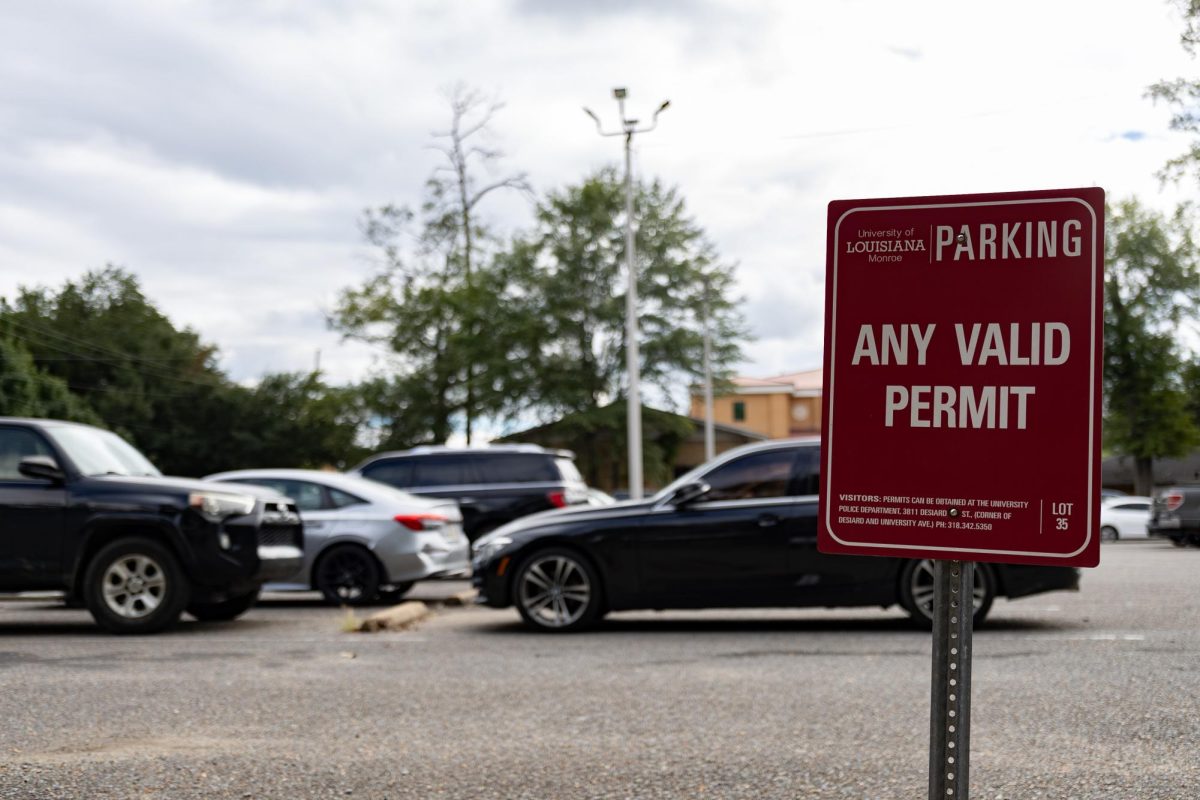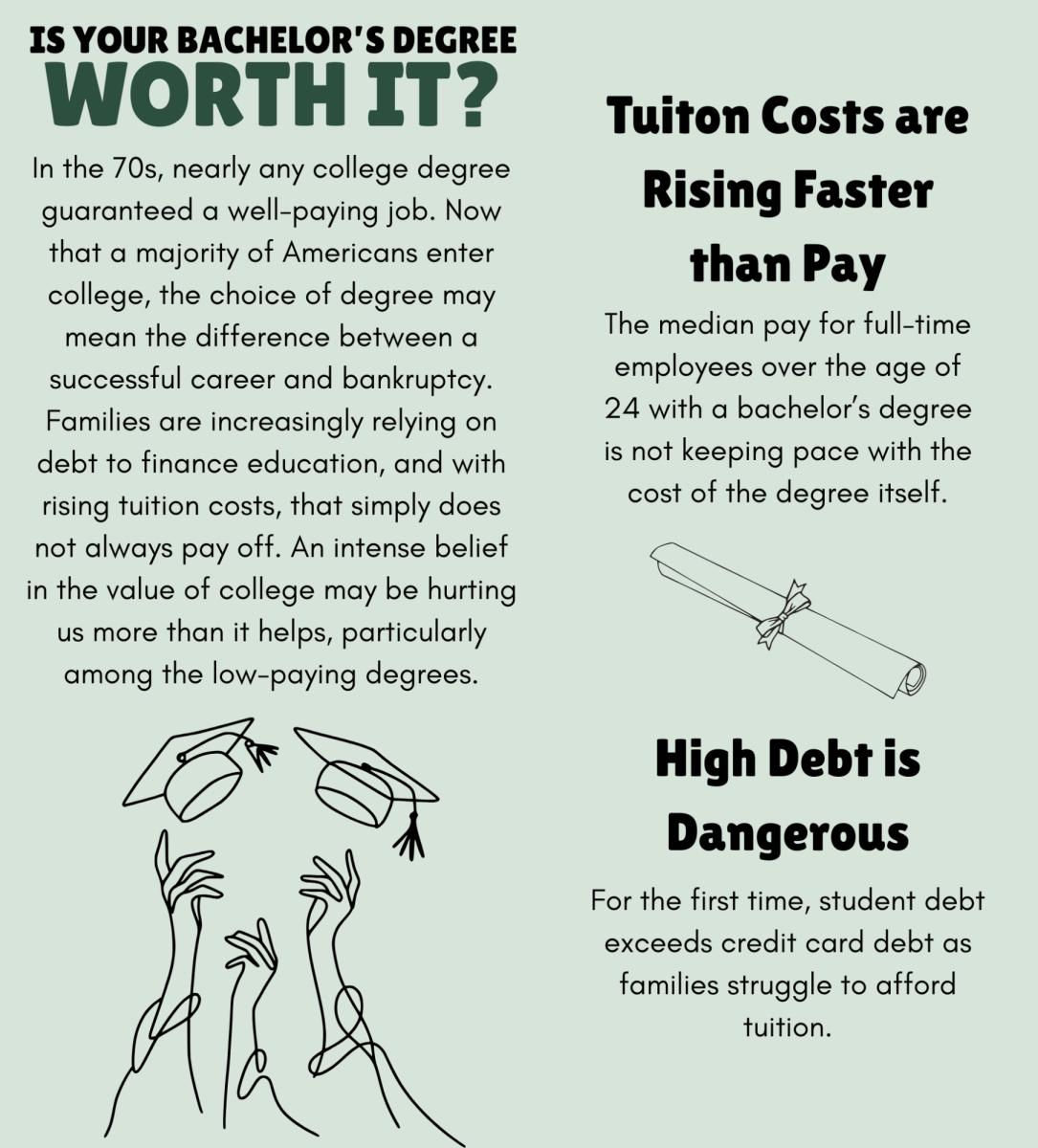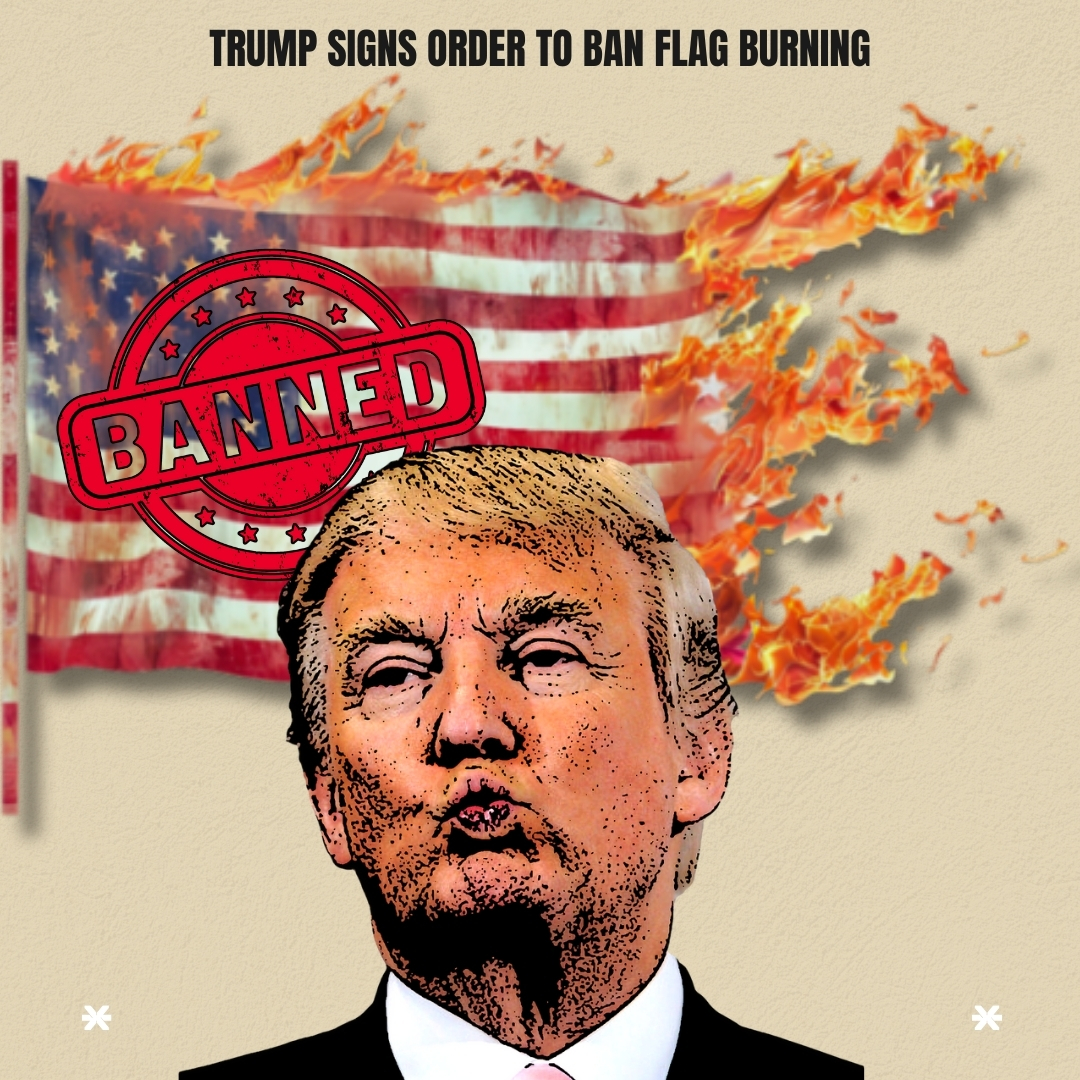Everyone’s seen the James Bond or Mission Impossible movies. At least, I hope so! They show governments with secrets known only to a select few.
However, this doesn’t just apply to movies.
We only have to think back a few years to when NSA contractor Edward Snowden stole terabyte upon terabyte of data, then released the information to the world.
There are very real and justifiable reasons certain information should be classified. But should it still be the case if the secret includes an ally’s involvement in the largest terrorist attack in U.S. history?
That is the very question being debated on Capitol Hill and in news media as the president embarks on his fourth trip to Saudi Arabia.
The controversy surrounding the visit has revolved around the potential declassification of 28 pages from an official congressional report on 9/11.
Should they release the pages? I say, yes.
To provide a little context, the report was created by a select panel after the attacks and released in 2003.
Well, almost all of it was released.
The aforementioned unreleased 28 pages supposedly implicate some Saudi officials with helping finance and assist the hijackers.
Leaked evidence shows phone calls between one of the hijacker’s Saudi intermediaries and the Saudi Embassy before the terrorist attacks. But it doesn’t stop there. A transfer of $130,000 was made from a Saudi Ambassador’s bank account to one of the hijackers in San Diego.
There also remains the fact that 15 of the 19 hijackers were from Saudi Arabia. They didn’t have a high school education or a great knowledge of American customs and laws, yet were able to find housing and enroll in flight school.
The Bush and now Obama administrations have claimed that releasing the pages would harm U.S. interests in the region and have repeatedly denied requests that the reports be declassified.
But, those explanations do not stand up to scrutiny.
A bipartisan panel of senators and representatives were tasked with viewing the entire 9/11 report when it was officially commissioned. After viewing its contents, they unanimously agreed with releasing all of it.
If there really were grave security concerns protected within its pages, as the current and past presidents have implied, wouldn’t the panel have voiced that as the reason to keep it classified?
Now, there is the issue of potential blowback if a report, indicting members of another country as supporters of terrorism, is released for the world to see.
Saudi Arabia has already indicated as much, threatening to sell off more than $750 billion in U.S. assets if that happens.
But, all of it is a bluff.
The Saudis need our financial and military support more than anyone, and this is even truer as they deal with terrorism on their own doorstep.
The families of the nearly 3,000 victims of 9/11 have been calling for the pages to be declassified for years. They’d like to seek financial restitution or sue those that might’ve aided the attacks. This is a whole other matter, but they’re right in calling for declassification.
As I watched the Boston Marathon last Monday, I thought of the powerful symbol of courage and resilience it’s become and the solace it must provide to the victim’s loved ones of that terrorist attack.
It’s time that our government show that same resolve and release those pages. Give the 9/11 victim’s families that same peace.
It’s well overdue.





